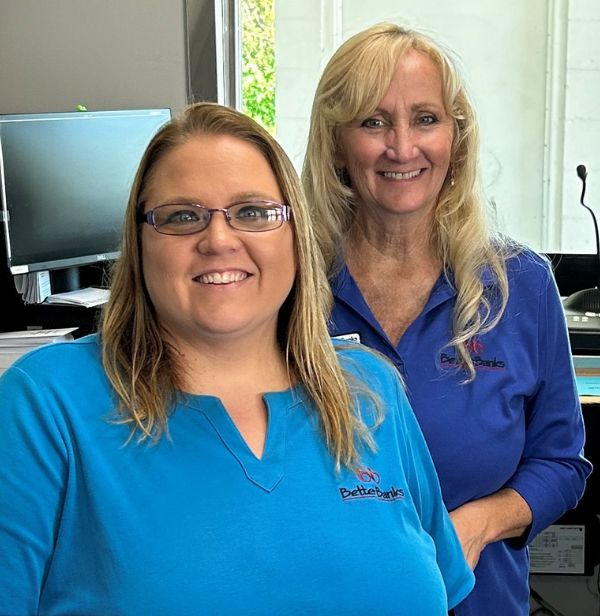From catching up with friends to following your favorite brands, social media is part of everyday life. Unfortunately, it’s also a prime hunting ground for scammers. Fraudsters are getting more creative with fake ads, investment opportunities, cloned accounts, and even emotional appeals that can cost you time, money, and peace of mind.
At Better Banks, we’re committed to helping you stay safe online. There are so many ways scammers can target you on social media. Here are just a few common examples:
Fake Ads, Posts, and Comments: Scammers send links that lead to fake login pages or malicious websites, often disguised as prize notifications or alerts. Look for urgent language or pressure to act quickly, as well as requests for sensitive information.
Shopping Scams: Scammers create fake online stores or accounts on social media marketplaces, stealing product information from legitimate businesses. They collect payment information and disappear without sending the purchased items. Always be suspicious of low-quality content and odd URL addresses.
Job Offer Scams: Fraudulent job posts that ask for upfront fees, personal information, or promise work-from-home gigs that don’t exist. Carefully research potential employers, and you should never need to pay to get a job.
Romance Scams / Catfishing: Scammers create fake profiles to form emotional relationships, then manipulate victims into sending money. Never send money or gifts to someone you haven’t met in person.
Clickbait Scams: Sensational headlines (“You won’t believe this!”) that lead to shady websites or trigger malware downloads. Be cautious of sensationalism and verify the source by hovering over the link.
Clone Profiles: Scammers duplicate a real person’s account to trick their friends into sharing personal information or sending money. Always be cautious when accepting a friend request. Are you already friends? Do you know this person well enough to be social friends?
Fake Charity or Fundraising Scams: Scammers will exploit current events or disasters to solicit donations for phony causes. Verify the charity’s IRS 501 (c)(3) status by checking IRS.gov.
Stay Smart, Scroll Safely
Social media scams are constantly evolving—but so is your ability to protect yourself. By learning to recognize suspicious activity and being cautious with what you click, you can stop scammers in their tracks.
If you ever think your financial information may have been compromised, contact Better Banks right away. We’re here to help safeguard your accounts and support you every step of the way.
Stay connected. Stay protected. Stay Better.









